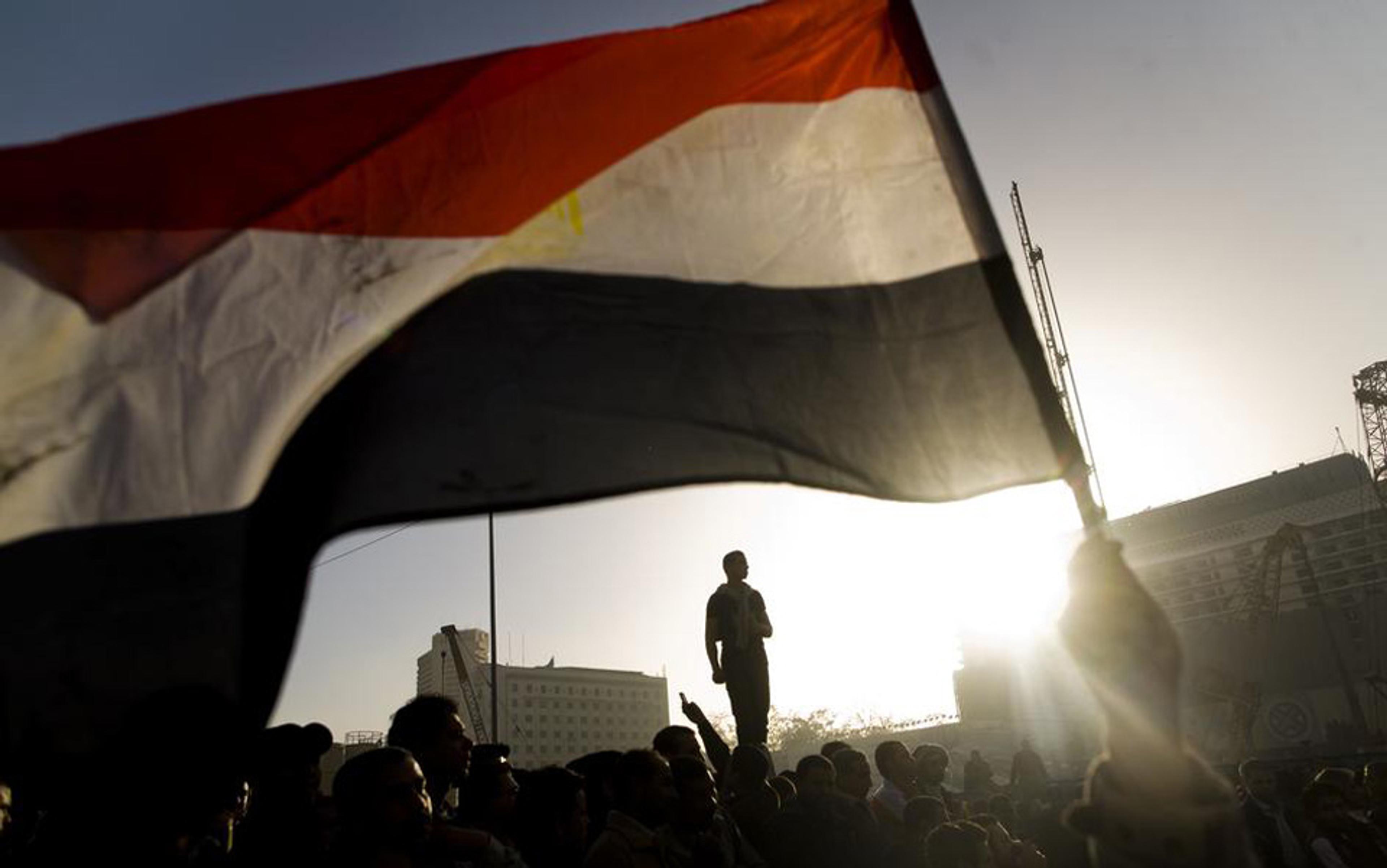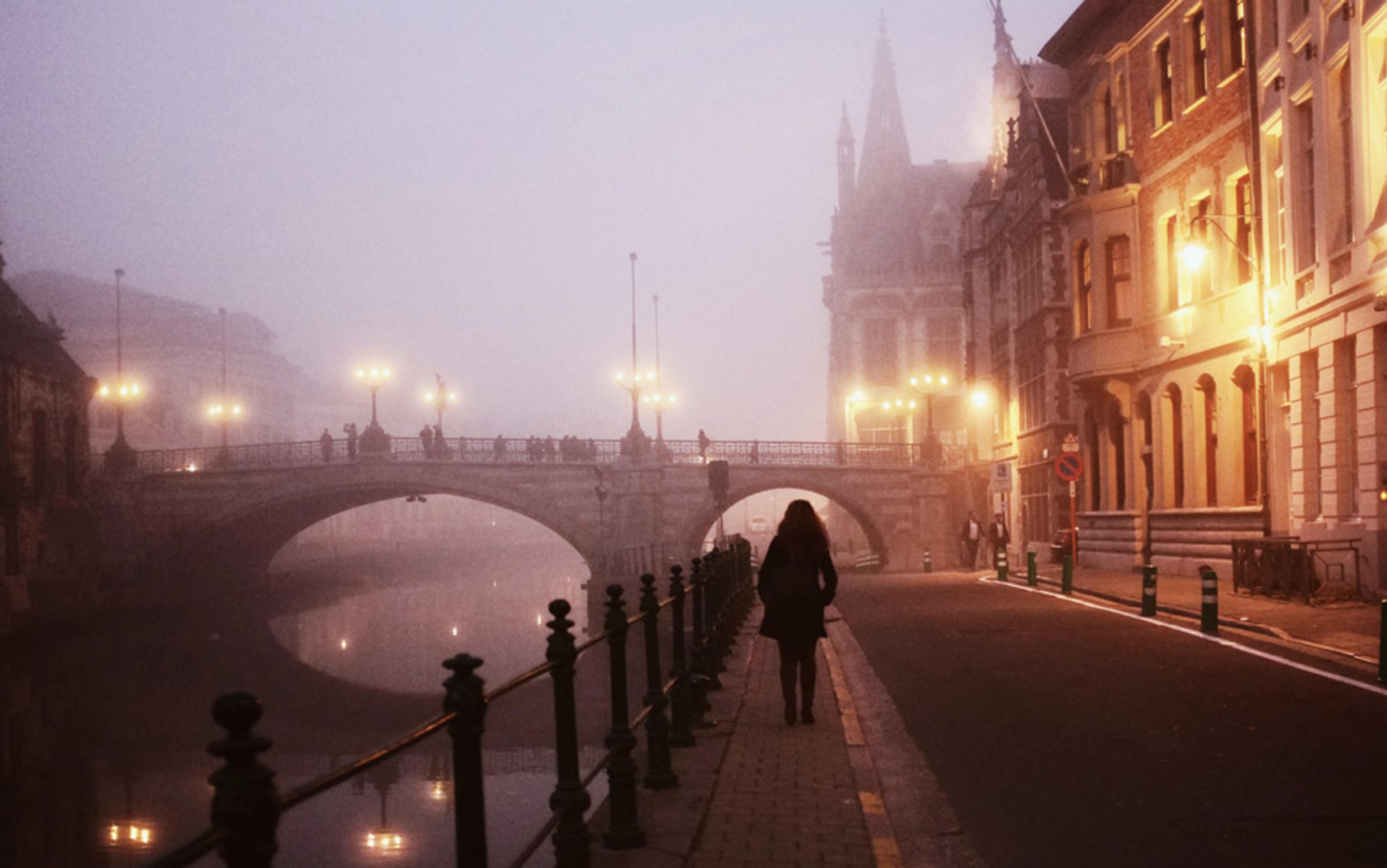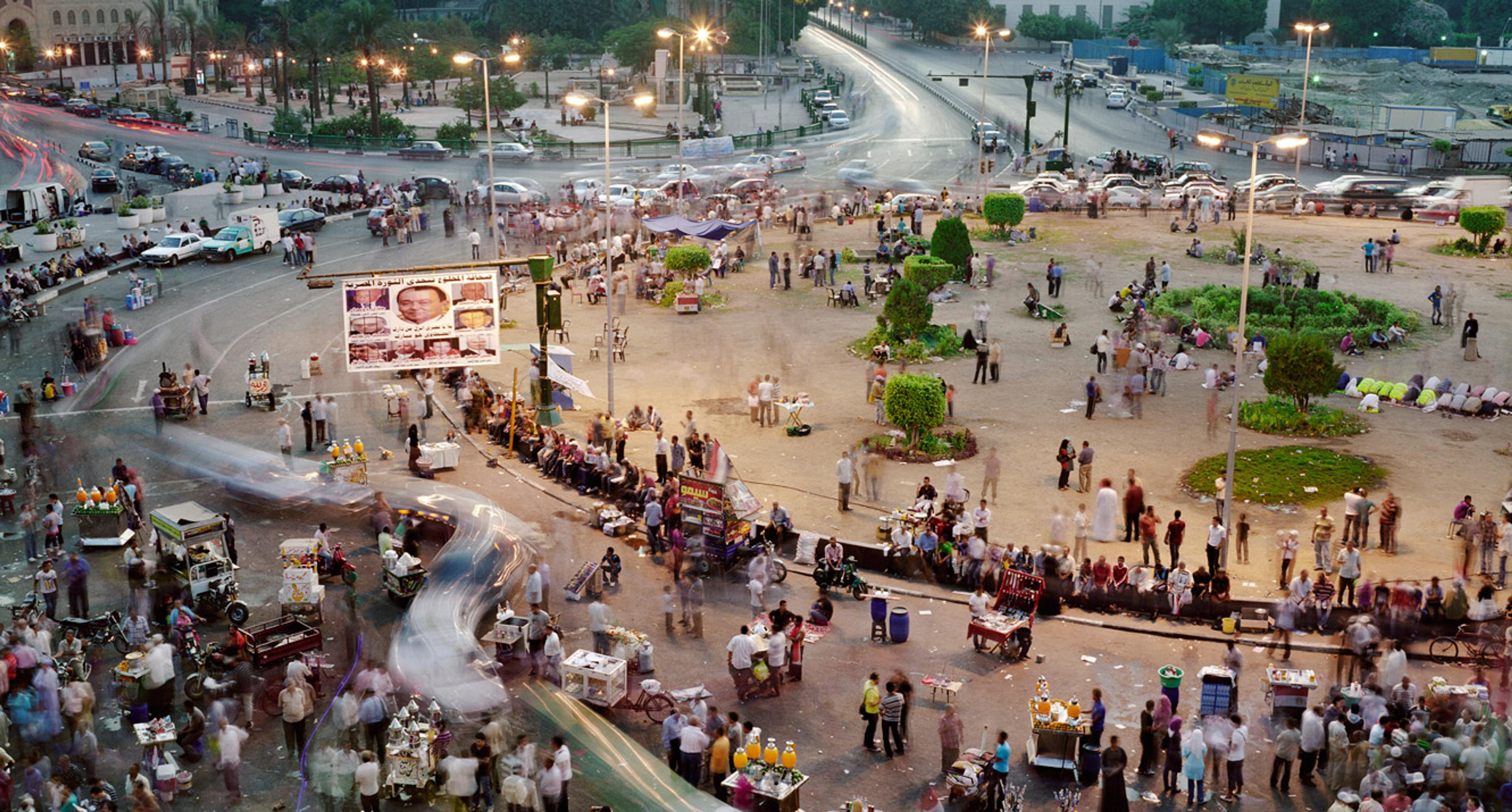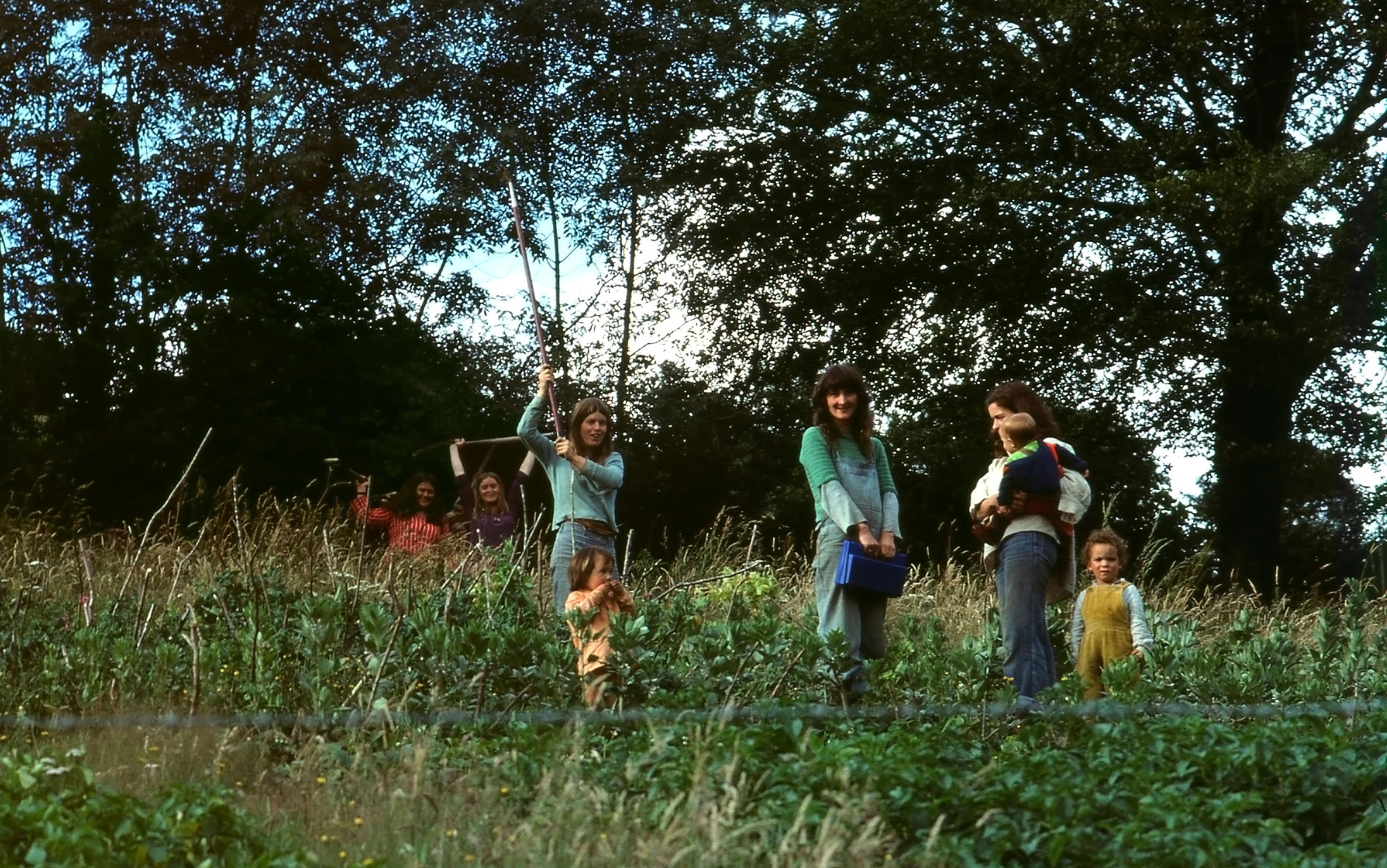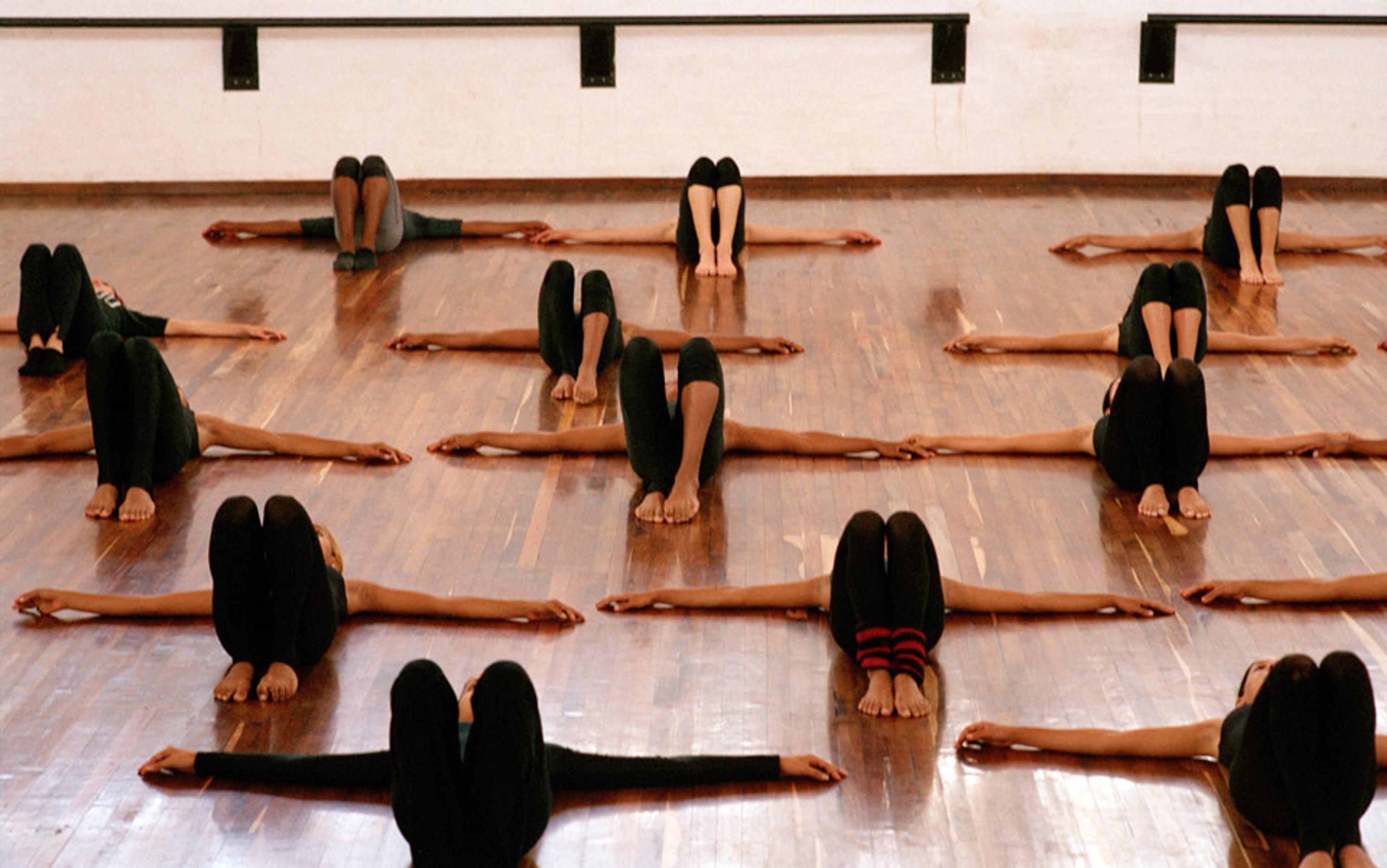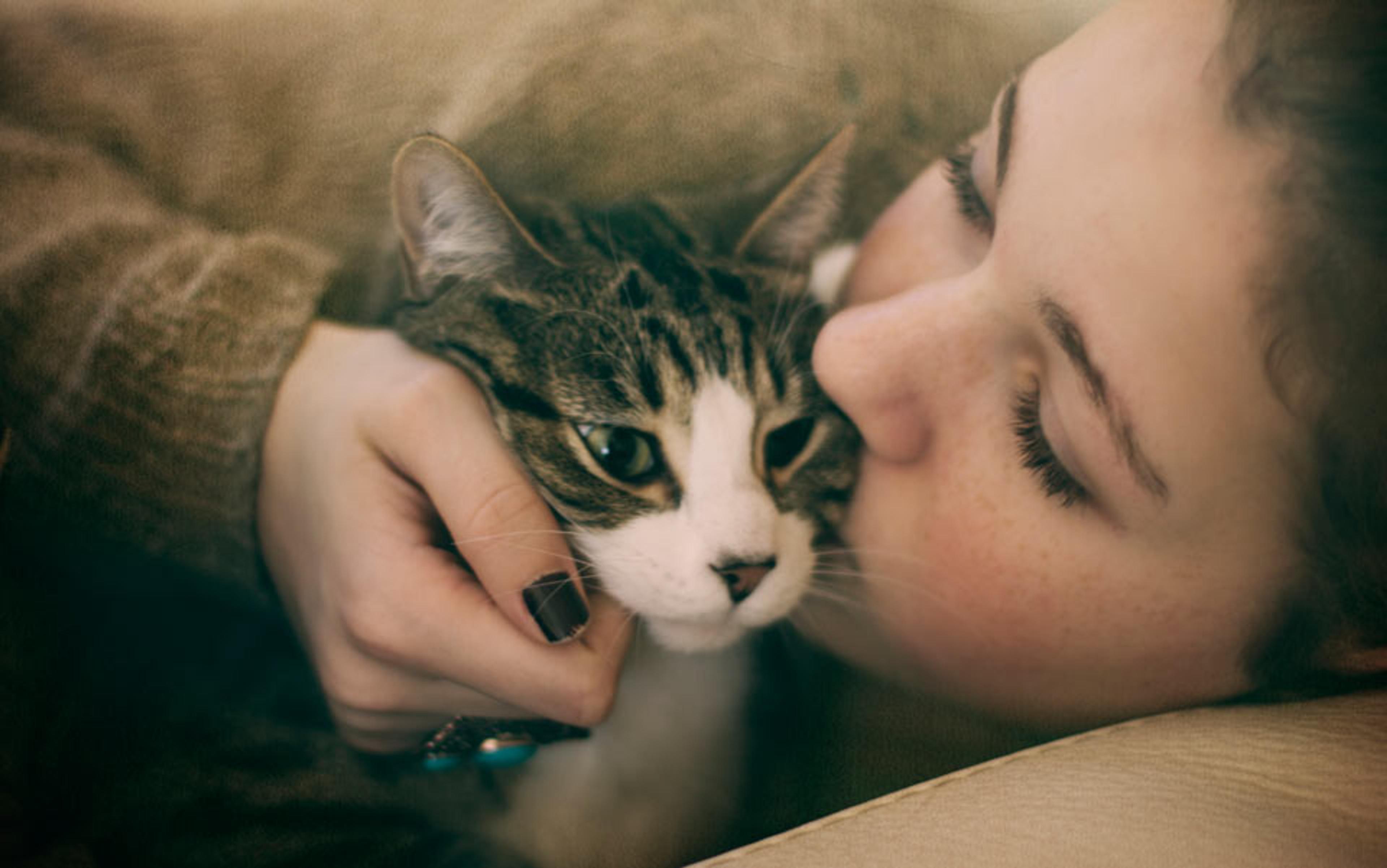Unconsciously, it seems, I had waited a lifetime for Kismet. This was not my first attempt at a family of my own but, though I never resisted the idea, one way or another, fatherhood had eluded me. And for some reason I never thought I would have a daughter. When the sex of the foetus became known relatively late in my wife’s pregnancy, I was unaccountably emotional; for the first time since childhood I experienced a desire wholly voided of lust. Life seemed to be coming together, albeit only once its setting had been transformed.
We married in November 2011. That was a little less than a year after Hosni Mubarak stepped down from the Egyptian presidency and, handing over power to the military, signalled the fulfilment of that other kind of desire: the revolution. Frustration with the aftermath had already set in. Nevertheless, my wife and I still had faith in the power of protest. More precisely, we still wanted to believe that the ‘Arab Spring’ expressed a collective will to freedom beyond the by-now vapid thrill of demonstrations as such. We didn’t realise quite how fanatical people could be about that thrill, until demonstrations and their gory suppression became routine.
It likewise became routine for formerly pro-Mubarak, now pro-army, ‘honourable citizens’ to help round up and murder protesters, even as they, the honourable citizens, pretended to celebrate ‘a revolution that inspired the whole world’. And if the victims were Christians or ‘seculars’, all the better. (After the rise of political Islam, it was only natural that ‘honourable Islamists’ should show up, men who, having clean-shavenly stood back from the protests, now grew their beards and staged counter-demonstrations in support of the Muslim Brotherhood, campaigning for rural and working-class conservatism.)
We knew such behaviour was to be expected: the ‘honourable’ human being is hardly a minority in Egypt. What upset us was the vacuous heroism with which our comrades in arms continued to face it, mistaking populism for democracy and sectarianism for freedom. While younger, less privileged protesters paid with their lives, the star activists were being idiot politicians and pompous pedagogues — just as dogmatic, irresponsible and reactionary at heart as the generations of intellectuals and politicos whom we blamed for Egypt being the hopeless backwater that it is, a place where living in the full sense is about as easy as spontaneous flight. Whether they had wanted to resist the ‘remnants of the former regime’ or to massage their middle-class conscience, the activists allowed rurally rooted political Islam to take over an essentially urban and secular uprising. Remove their alliance with the Islamists against the military and members of the Facebook Generation turned out to have no vision for the future beyond patriotic chaos.
It took my wife and me a while to admit this, in part because we were newcomers to the cause. Under Mubarak, we had long given up on any oppositional or proactive effort. For one thing, it was pointless: not only the regime but practically the whole of society was committed to imperious incompetence and a pre-modern morality. But oppositional attitudes also felt like a bourgeois affectation — a kind of fashionable piety.
Can it be said that one died for the greater good when the greater good itself is so riddled with contradiction?
And then, on 25 January 2011, we saw what looked like evidence to the contrary: thousands upon thousands of young, unaffiliated people proclaiming that they were alive, against the odds. When Tahrir Square became the centre of the uprising, we remembered that it was also the core of the Khedival Cairo of 1863, the Paris-inspired metropolis-to-be that was the state’s first stab at modernity. We became reborn activists, and for a brief moment, Tahrir Square promised us an implausibly desirable contemporary city: a place where we could be safe from honourable citizens and military abuses alike, granted the freedom of belief as well as the right to demonstrate. We dreamed of that city, and having witnessed people dying for it — so goes our fairy tale — it was difficult to let go of the dream. By 24 November 2012, however, when our Kismet arrived, tiny, wet and wide-eyed in her eagerness to engage, Tahrir Square had broken its promise.
I say ‘fairy tale’ because I’m no longer sure what people really died for. Can it be said that one died for the greater good when the greater good itself is so riddled with contradiction? For example: President Mohamed Morsi, the Muslim Brotherhood candidate, won the election after he was arbitrarily stamped with the seal of the revolution in the run-off vote; such was the desperation to make sure that his Mubarak-affiliated rival wouldn’t win. Yet many of those who so stamped him have been tortured and killed protesting against Muslim Brotherhood policies, by the police waging a two-year-old vendetta against their arch-enemies, ‘the revolutionaries’, or else by Islamists guarding their turf. How far can one sympathise with such martyrs?
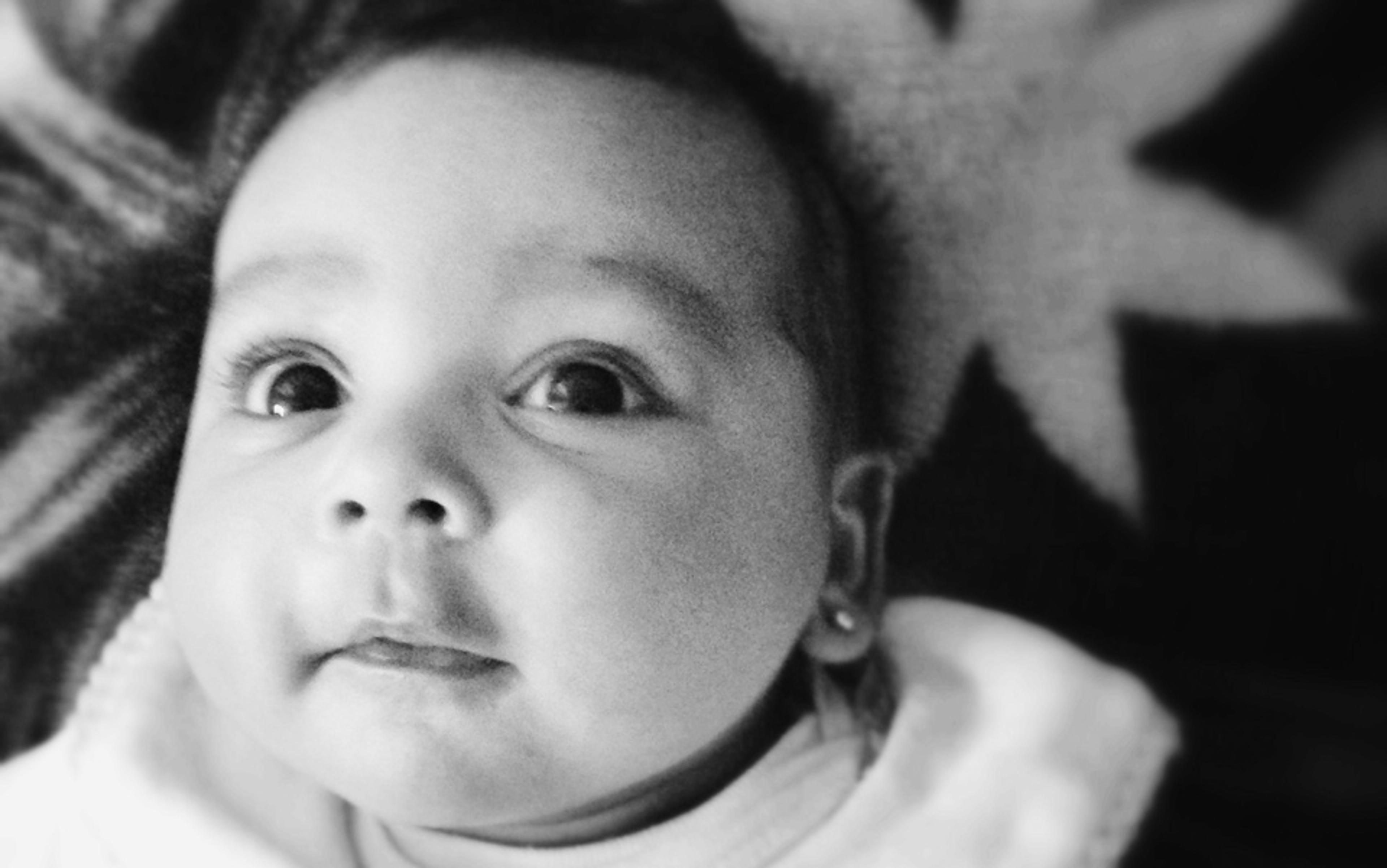
I say ‘fairy tale’ also because I want to string the events I have witnessed into a bedtime story for Kismet: a way to explain how her mother and I participated in things being the way they are, to apologise creatively. I want my story to be compelling and edifying, so it can’t be that same one about the fight between good and evil — in which, because good is too rhetorical to be true, its triumph is indefinitely postponed. At some level, our life together will always be shadowed by the fact that Baba and Mama, though never as mulishly unseeing as other activists of their generation, did contribute to the ousting of Mubarak. It will always be true that Kismet came into the world just as this historical achievement was revealing itself as no more than a turn for the worse, mere authority changing hands, making more room for sloganeering and violence, and for society to sink still lower. The winning cards in the ensuing power game were marked from the start: not the ones with the pledge to grant civil rights but those with the imperative to deny them. Misogyny, tribalism and brute force are far more popular in Egypt than equality, institutionalism and reason. The Cairo of our dream, like that of Ismail Pasha, the 19th-century Khedive of Egypt, is gone; we cannot even return to the semi-medieval mega-village we had always known. And Kismet will grow up in a third squaloropolis, even further removed from our fantasy. Were we fools, then?
In the time it takes you to form in your Mama’s tummy, ya habibti, we learn exactly how foolish we have been. After the protest, every sign points downward. The conservative Wahhabi pieties imported from the Gulf, which have been spreading unofficially for two decades, are now lionised in government, in the constitution and in the media — indeed, this is the principal outcome of the revolution. Cairo is no longer safe: the so-called security breakdown gives way to muggings, road blocks and attacks on property. Through civil clashes, torture takes place on the street and in the mosque — and those who perpetrate it still have the nerve to complain about police brutality. Pseudo-militias (the ‘Ultras’ groups of football supporters, for example) have emerged, and sexual harassment edges into gang rape. Judicial abuses take on a sinister edge.
None of which helps with ‘the wheel of production’ or tourism. Even my own position as an employee of a state-affiliated press conglomerate is no longer secure. Where the 15-mile drive to work used to take an hour at the most, now it takes up to four. And my fellow drivers are so randomly aggressive, Kismet, that you start to wonder whether they have mistaken going about their business for civil war. Three years ago I would have told you there was no way the traffic could be worse. Now it clearly is; who knows what I will have to tell you three years from now? But, whether it is a more extreme variant of what we have or something else, as yet unthinkable, I trust that you’ll still assimilate and in your way comprehend it. Perhaps you will decide to leave the country after all: I would gladly let you.
Just as easily as you could be suffocated, crushed or starved, I could be imprisoned, declared an apostate, divested of income
My point is, when we first saw you, Kismet, our renewed conviction in the futility of politics was almost as perfect as you were. At one point in the hospital I remember pointing to your head and yelling that no one would be allowed to mess with ‘this’. I was thinking that I wouldn’t let anything prevent you from being fully alive, neither ‘Islam’ nor that other religion so enmeshed with Islam in post-Arab Spring Cairo, the dogma of the demonstration. I remember your Mama wincing. She was still in pain from giving birth to you. Was she simply asking me not to yell, or had I reminded her of the hideousness that would surround you? But let me stop speaking for Mama.
Not having you was out of the question, selfish as that seems, but having you elsewhere would have made you a second-generation immigrant, and I know that few destinies are worse than that. Now it is true that the unsprayed trees outside our apartment building bring no end of mosquitoes into the house, but it is also true that the birds sing in the early morning. On nights when you sleep in bed between us, all but hidden in your sleeping bag, you look like a third pillow at a right angle to the other two. Often I will have woken very early or stayed up very late, and with first light I will lie on my side listening to the birds and watching you. Your head wobbling like a grapefruit at the edge of your sleeping contraption reminds me of my own fragile position. Just as easily as you could be suffocated, crushed or starved, I could be imprisoned, declared an apostate, divested of income — eliminated with a stroke. We are equally helpless, you and I. Yet at the same time, we are each ensconced in our respective spot, not really intimidated, oblivious of the horror. As I watch you I know it won’t be long before, woken by hunger, you cry out for your mother’s breast, but by then I will be on my daily journey through the city that I pictured so many times while I was waiting for you.
Unlike the conventional image of the city — any city — Cairo has no shape, cartographic or otherwise: it is more like an infinitely spreading stain than any drawing. That’s why in certain, optimistic moods I used to say you could make of it what you will. It’s probably still true that, once you know the secret routes to what you want, you can find every kind of provider in Cairo: from Syriac-speaking exorcists to pedlars of designer drugs. However, I suspect it is by subtler and more common things that you’ll learn to identify your city: the sickly sweet acidity of strong tea with the pebble-and-dust leaves piled at the bottom of a thin glass. The texture and smell of mud cakes on the asphalt after the rare shower. The uselessly ingratiating smile of a hustler at a traffic light. And bridges, bridges everywhere …
By the time you become aware of such things, you’ll also be used to the smog generating photo-art in the sky and the amplified braying that accompanies outdoor worship, the acrobatics of cyclists, pedestrians and microbus passengers sharing the asphalt with wayward motor vehicles, while accidental art installations — commercial displays, folk performances, storage facilities, toilets and rubbish dumps — occupy every last inch of pavement and, more and more, the main roads, too. You’ll even be used to the sudden shift in traffic due to otherwise obscure ‘demonstrations’, and the fear of being caught in the crossfire of pellets and Molotovs.
While we are here in relative calm, registering the encroaching madness but never intimidated by it, the three of us can look on and laugh
In my first novel, I had imagined your city as a tugra, the calligraphic seal of the Ottoman sultan. This made it feel more like Istanbul, which seems so much more humane than Cairo when you visit. After January 25, I toyed with the idea of superimposing Leonardo da Vinci’s Vitruvian Man onto a map of Tahrir Square in order to personify the whole city as the body and mind of a protester — id, ego and superego. Silly me. Later, when there was an army-and-honourable-citizen pogrom of Christian demonstrators within walking distance from my workplace, I pictured Cairo as an ornate Coptic cross, whose body was made up of the Nile, the October Bridge, the Autostrad, and the Ring Road.
I thought of this Gnostic symbol, the cross that looks like an ankh or a human figure, as a barred window, taking up the length and breadth of the sky, keeping watch over us residents below. It was the traditions and the taboos, the anachronisms, superstitions and conventions, but also the poverty that, however much activists glorify it in the course of singing the praises of ‘the people’, remains the pretext for all manner of atrocities. Lack of education is one thing, Kismet, but as you will find out, refusing to acknowledge empirical methods and factual information — about who killed whom and when, for example — is ignorance of a different order.
So, tugra, Vitruvian Man and Coptic cross: all these were emblems of a place empty of you. Now that you are with us I am going to have to think of a happier town. While we are here in relative calm, enjoying what we have, registering the encroaching madness but never intimidated by it, the three of us can look on and laugh, knowing that there will be enough affection and beauty to keep us joyfully together no matter what. For it is this as much as Cairo, beautiful, beautiful girl, that is our kismet.
